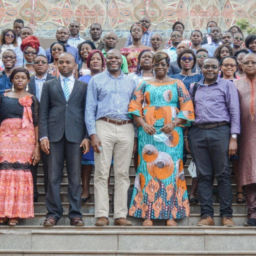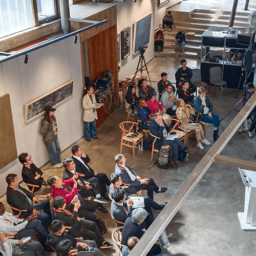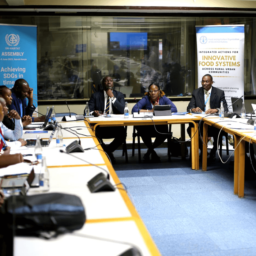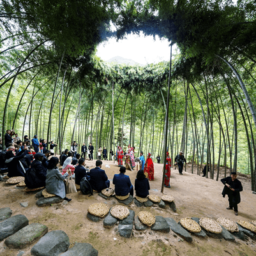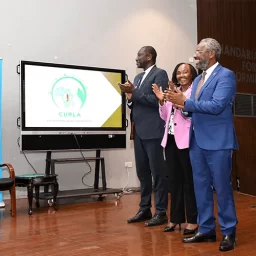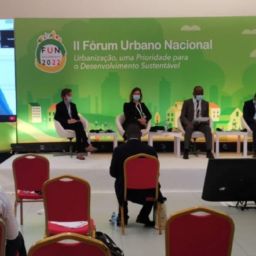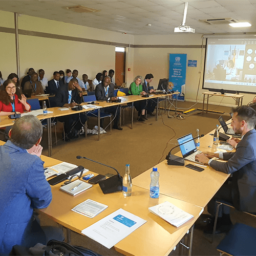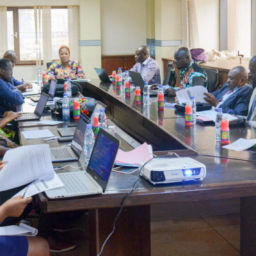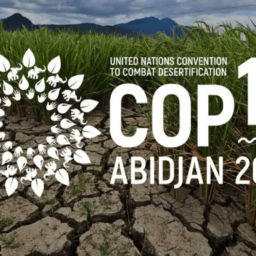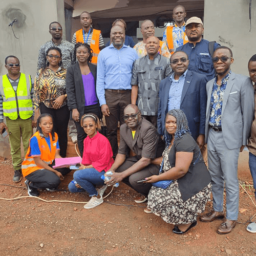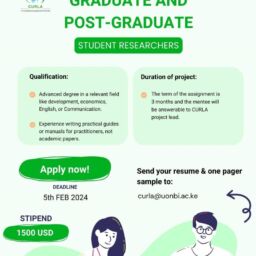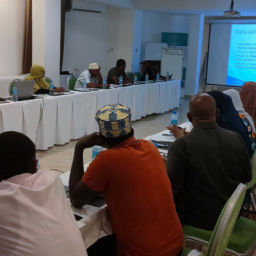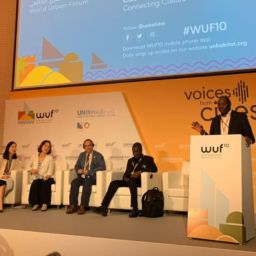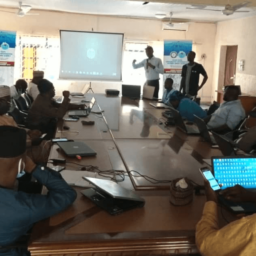
Yaoundé, Cameroon, December 16, 2020
Virtual Workshop on Implementing Urban-Rural Linkages Project in Cameroon and The Republic of Guinea in the Context of COVID-19

The second and third presentations were done by the Cameroon team. Mrs. KAMGAING working at MINHDU in Cameroon, presented an overview of the project, the progress made and an action plan. Mr. TADONG SAA, working for the Ministry of the Economy, Planning and the Regional Development outlined the impacts of COVID-19 on the implementation of the URL project in their country. The last presentation was done by Mr. SEKOU Camara and Mr. Ibrahima Camara from the Guinea team. They showed the project progress in the COVID-19 context. Those communications were followed by a discussion session. Conakry, Boke and Klndia have been selected as the functional territories for data collection for Republic of Guinea.. For Cameroon, Yaoundé-Mbalmayo and Akono have been selected. Some pilot project ideas were inventoried for each country. The end date of the project in Guinea is set in July 2021 and June 2021 for Cameroon.
After this exchange session between the participants from Cameroon and the Republic of Guinea, the post-workshop survey was conducted and outlined that the expectations of the participants were fully satisfied. The closing remarks were made by Frédéric HAPPI Mangoua and from the project leaders of each country present.


